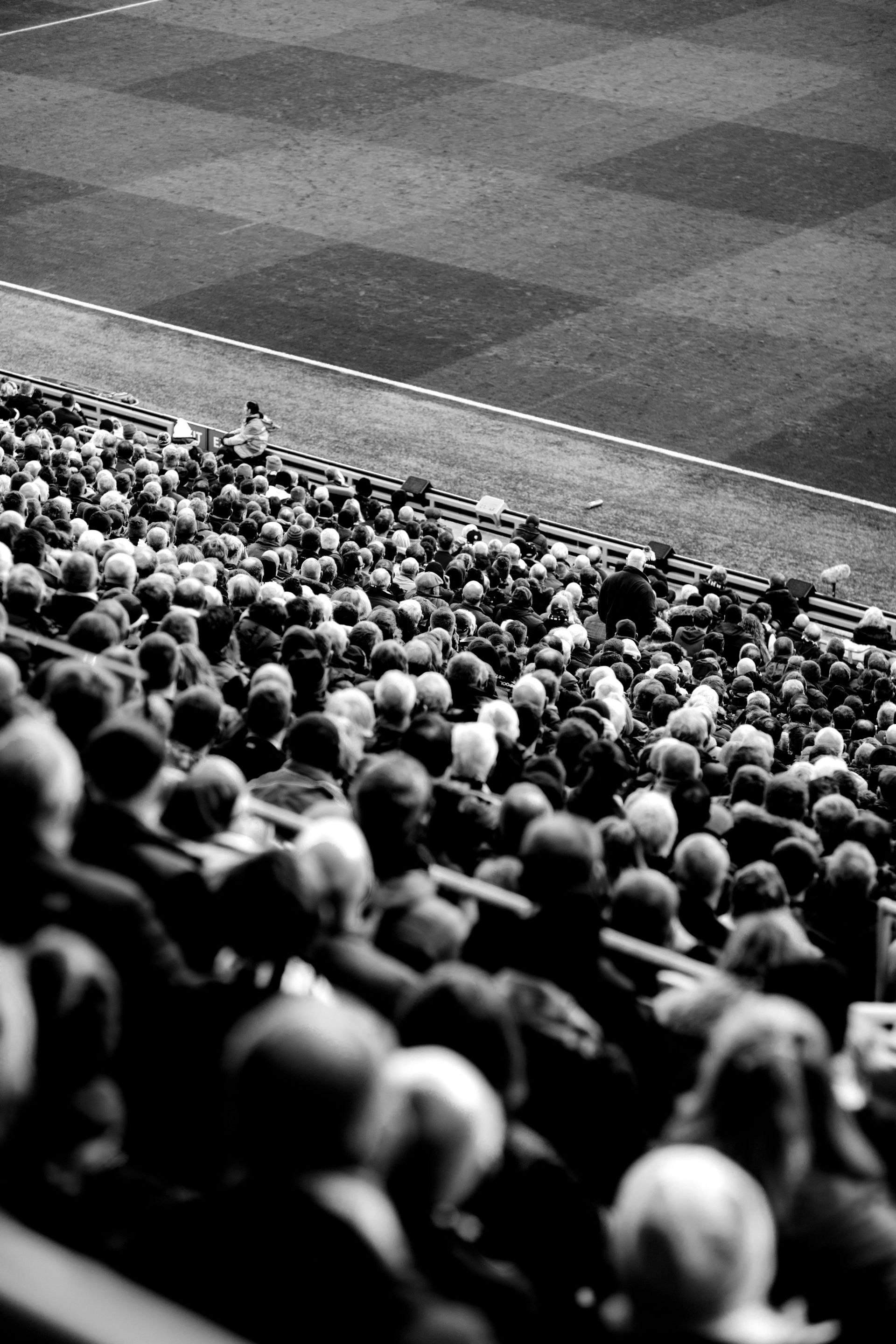JOINT STATEMENT FROM NUFC FANS AGAINST SPORTSWASHING AND UNITED AGAINST SPORTSWASHING
JOINT STATEMENT FROM NUFC FANS AGAINST SPORTSWASHING AND UNITED AGAINST SPORTSWASHING
While NUFC play MUFC on Sunday, groups of fans from both clubs will be united in a common cause, regardless of the result on the pitch.
We are Newcastle United and Manchester United fans standing together to call for an end to the sale of our historic clubs to states which use them to sportswash their human rights abuses.
When Manchester City was bought by Sheikh Mansour in 2008 he was seen as a rich benefactor, and the fact that he was the brother of the president and deputy prime minister of a country run as a dictatorship was not considered important. We now know that the UAE is one of the most oppressive regimes in the world.
Much more was known about the poor human rights record in Saudi Arabia yet the Premier League and UK government did nothing to prevent their purchase of Newcastle United.
There is now concern over the legitimacy of the purchase after the chairman, Yasir al-Rumayyan was described in a US court document as “a sitting minister of the Saudi government”. Richard Masters has said under questioning in a parliamentary committee this week that, "there may or may not be an investigation going on” into the Saudi dictatorship’s ownership of Newcastle United. As football fans, we demand full transparency on this issue. There should be no ‘secret deals’ with repressive regimes, no matter how much money they have promised to invest in the Premier League. It’s time for Richard Masters to come clean and publish what the ‘legal and binding assurances’ given to the Premier League were.
Now we have the threat of a third club, Manchester United, being taken over by Sheikh Jassim bin Hamad Al Thani, close family to the president and chairman of the Qatari Islamic Bank. This follows the exposure of Qatari human rights abuses during the World Cup. We know that Qatar has a law No. (25) of 2002 which makes any significant investment subject to direct supervision of the state.
On March 30th, the Premier League agreed to a toughened up Owner’s and Director’s Test which includes disqualification for ‘human rights abuses.’ This is welcome. However, we remain concerned that an individual from a repressive regime can still become an owner if it is not made clear that the approval of a significant investment is dictated by the ruling family in these Gulf states. It is impossible to separate Sheikh Mansour from the UAE authorities and the same is true of Skeikh Jassim bin Hamad Al Thani and the Qatari authorities.
As football fans, regardless of our club colours we believe dictatorships such as Abu Dhabi, Saudi Arabia and Qatar should be disqualified from owning clubs because of their appalling human rights records.
Further, pumping money disproportionately into a small number of clubs distorts the fairness of the game. We are sure the fans of the other 17 other clubs in the Premier League will agree with us.
We invite all football fans to join us in opposing sportswashing and state ownership of our football clubs and to support human rights. Football fans united can force the government and Premier League to act.





